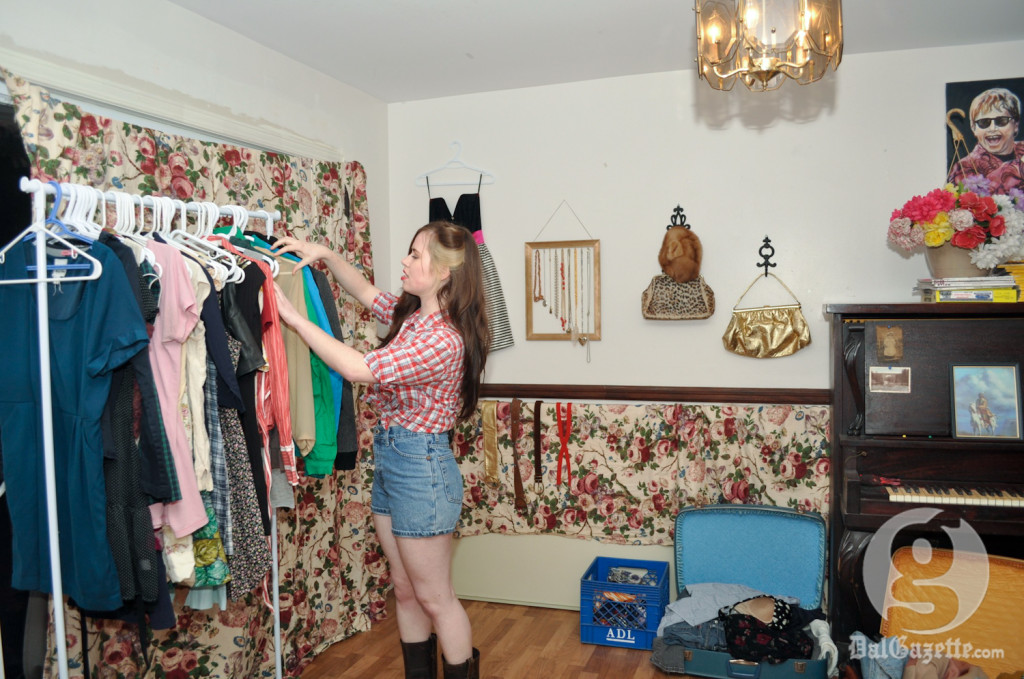
A tour through my closet would reveal some questionable taste in clothing, an addiction to muted tones and— best of all— a large collection of thrifted items. Some may call me cheap, but I am proud to say that most of my wardrobe is second hand.
Being thrifty is not only good for the wallet. It also calls the actual value of clothing into question, revealing the effect our spending habits have on the fashion industry and the environment.
Retail therapy can offer a break from the books and time to oneself, but is also the nemesis of a pauper student budget. Since embarking on my experience as a thrift shopper I have met the mall with disappointment. The clothing in those stores is either too expensive for my budget or grossly overpriced for the quality of the garment.
Most clothing that is manufactured today is so poorly made that it is best described as “throwaway fashion.” After a few wears the clothing unravels, falls apart and is ready for the trash. The expression “they just don’t make ‘em like they used to” is a reality in our stores. Demand for goods has gone up and the quality down. Companies struggle to give us the goods we want for the price we cannot refuse, and what do we get? Fast food fashion, disposable fabric and a whole lot of waste.
Although it is tempting to splurge on new items, I have recently started asking myself: “If you bought this, what would Macklemore (of “Thrift Shop”) say?”
Students often adopt methods to save money. Some, like me, stalk the local thrift stores for fashion items, dishes and even furniture. Second-hand stores not only help out various causes, but they also reinforce the need to recycle and reuse what we already have. If the dumpsters in this city could talk they would shout that they are full, and that we need to start using what is already in circulation. In a capitalist world our money becomes our vote. The more we support the fashion industry with our money, the more clothes will be made to keep up with the demand. The less we support these big box stores the more they will be forced to change and adapt to the market, giving us as consumers the power to change what kind of products are made available to us. I choose to vote for recycling and paying less money for higher quality clothes.
“Quality over quantity” and “patience is key” have become the phrases of my thrift fashion creed. When I want something, instead of running out to the mall and buying it right away, I shop around and take my time. If it is worth spending money on I will find it eventually and it will be in my closet for years to come.
Think of Macklemore the next time you pull your credit card out at the Mic Mac Mall to pay for Silver brand ($100!) jeans. Ask yourself the question: “Am I being tricked by a business?”







